Extreme fatigue
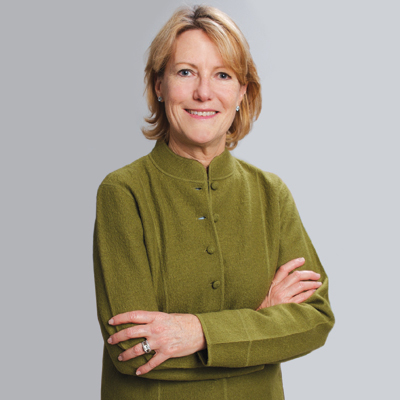
By the end of the year Riedel had undergone an angioplasty to remove a major blockage in one of her coronary arteries; she had been this close to a heart attack.
The following slideshow tells Riedel’s story, from diagnosis to treatment to recovery.
My 50th birthday
In early November, for my 50th birthday, I went on a trip to Jacksonville with a dear friend. We were trying to enjoy the beach, take walks, work out, chat over wine—that sort of thing. But I just really didn’t feel good physically.
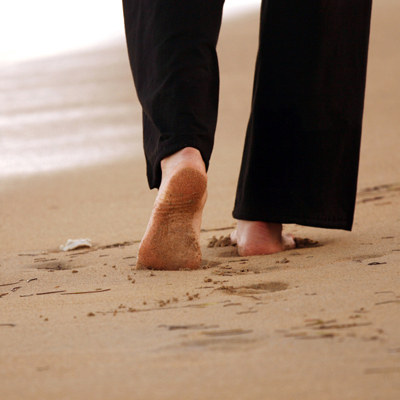
I didn’t want to alarm my girlfriend, so I tried to ignore it. But one morning we got up to take a power walk on the beach, and I couldn’t go a hundred yards. That was inconceivable, so I let her know that I thought something was wrong. On the way back to Atlanta, I called my doctor. After I told the nurse my symptoms, she insisted that I be there at 7:30 the next morning.
I started to panic
When I arrived at my doctor’s office, the nurse marched me right downstairs to the stress test lab. I was hooked up to the wires and put on the treadmill. For someone who considers herself to be fairly athletic, the stress test was agony. They asked me to keep going, if I could, but I just couldn't do it. Something was wrong. We were all a little alarmed, I think.
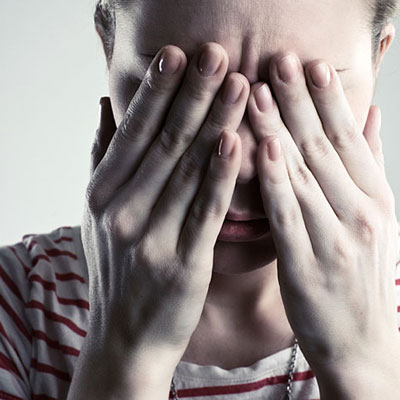
I went to another building for a kind of heart CT scan. There was no feedback at all from the technician, but the doctor explained that he would give me a call as soon as he had the results. I went back to my office and worked, which helped get my mind off it. The doctor called me at about 5 o’clock. He told me that he wanted me in the hospital as soon as possible. He said I needed to take blood thinners to prepare myself for the catheterization lab the next morning. At that point I got a little panicked.
The angiogram
A catheterization lab feels a bit like an operating room—real high tech, combined with high touch. I think there were six, eight, ten people in the room at times.
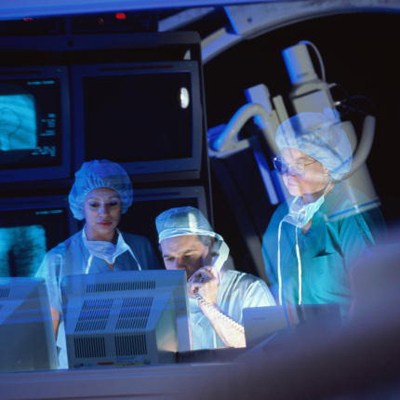
They numb the place in your groin where they make the incision and then they just thread the catheter up the artery to your heart. I was calm but anxious to hear the results.
The doctor very calmly explained to me that 95% of my left anterior descending (LAD) artery was blocked. That artery is called the widow maker—or the widower maker, in my case. The other arteries were fine, no damage to the heart muscle. I hadn’t had a heart attack, but it was a really, really close call.
An angioplasty
If the blockage is under 70%, they usually just put you on statins and talk to you about exercise and diet. But when it’s over 70% and they can insert a stent, they typically do it right then and there.
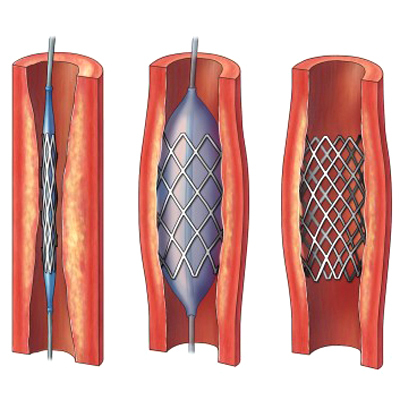
We waited for an interventional cardiologist to arrive. He explained that they were going to perform an angioplasty. If I chose to, I could look at the screen and see what they were doing. When they put the stent in, I did feel it a little bit. It wasn’t particularly comfortable or uncomfortable—I just felt a little something going in there.
A short time later I was back in my room. I didn’t experience much discomfort—no nausea, nothing like that. Following the procedure the primary discomfort was at the incision site, where they had put the catheter in. That was fairly painful and quite bruised, but it healed quickly.
A good night's rest
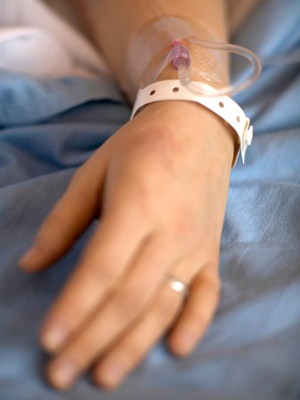
The doctors had explained to me that I would feel better very quickly, because I hadn’t been getting enough blood to my heart. And I immediately did feel quite a bit better. I think I looked better, too. One of the things that had alarmed me during that weekend to the beach was when I glanced in the mirror as we were preparing to go out to dinner and did a double take because I looked kind of gray.
Now that I’m getting adequate oxygen circulation I feel more rested. I hadn’t been sleeping very well prior to the procedure, which I’d attributed to age, and peri-menopause, and hormones—all the stuff that you start thinking about when you turn 50.
Lifestyle changes
Since the procedure, I’ve been on a statin in order to get my LDL cholesterol count down to 70. I try to get regular exercise, and I’ve modified my diet. I’ve always eaten lots of salad and fish—but because I didn’t have a weight problem, I'd also freely add butter, eat full-fat ice cream, or snack on salty chips. I’ve reduced my saturated fat and salt intake, and I cut out the butter.
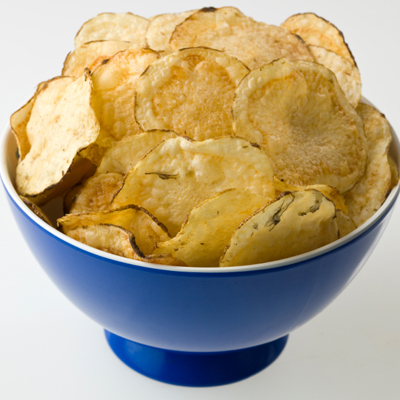
But the biggest change for me after the procedure was emotional. If I felt any little blip or any little pain, I thought I was going to have a fatal heart attack. I had some real fears about death. Intellectually, I knew that there was no blockage. But it was such an affront to my whole being to realize how close I came.
I still have trouble accepting that coronary artery disease is a term that applies to me. I need to own that, and accept it.
Stress hurt my health
To understand how the blockage developed, my physician and I looked at my family history, my diet and lifestyle, my cholesterol levels. None of it added up to the extent of blockage that I had. And then we looked at my stress levels.
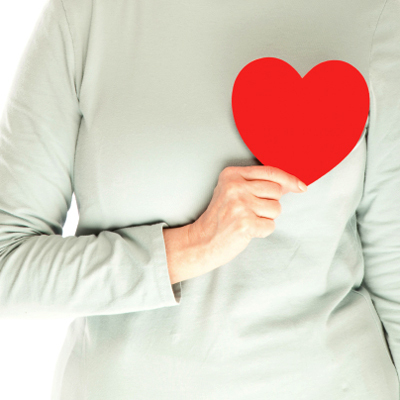
The realization that stress was the probable cause was so hard for me to deal with. I’ve got a very demanding, fulfilling, and challenging job, yet I have to keep my life in balance. It’s a continual process.
This was a tremendous wake-up call for me. I think the most important thing is to really listen to your body; it will tell you so much. We need to take care of ourselves and work for balance so that we don’t put too much stress on ourselves.
From:

No comments:
Post a Comment